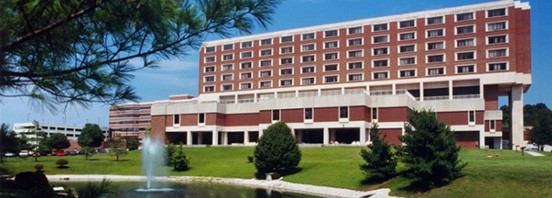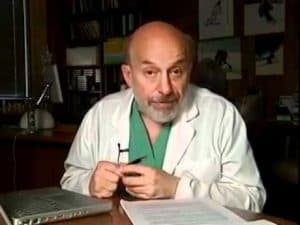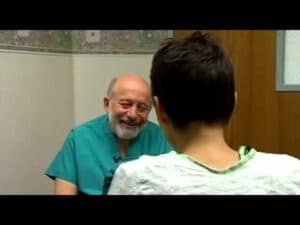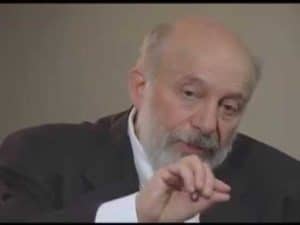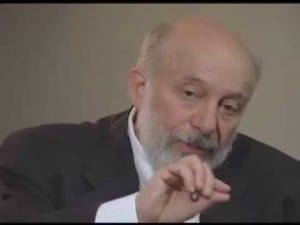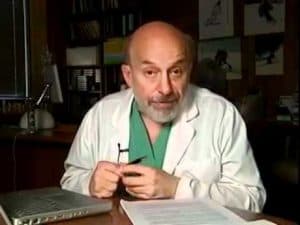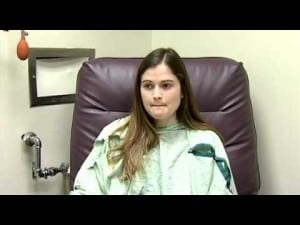Dr. Silber Explains
Preservation of Future Fertility Through Ovarian Tissue Freezing
A relatively new approach to preserving a woman’s fertility is ovarian tissue freezing. This technique was originally developed to preserve the fertility of young women undergoing cancer chemotherapy and radiation. These chemical and radiation treatments often destroy the ovaries, as well as a woman’s chances for bearing children. In these patients, the ovary can be removed, tissue carefully dissected with microsurgery, frozen, and subsequently transplanted back to the woman after she has been cured of the cancer.
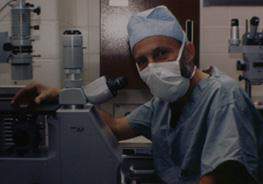
This technology is also an option for the woman who wants her own genetic child, but does not anticipate starting a family for many years. As women get older, a thousand of their eggs degenerate every month, and the eggs which do not degenerate are less fertile with each succeeding year because of the aging process. By age 40, the likelihood that a woman can produce eggs capable of resulting in a baby has decreased significantly because it is very likely that she has run out of most, if not all, of her fertile eggs. Therefore, women who find themselves not yet married at age 35, but who still want to have children in the future, all feel the relentless ticking of the biological clock. Ovarian tissue freezing is a new solution for these women who feel that by the time they do get married, or are otherwise ready to start a family, they will have lost all of their fertile eggs due to the aging process.
All of a woman’s eggs can be found in the thin 1mm outer layer of the ovary, while the inside of the ovary is simply a pulp of blood vessels with no specific organization or function other than to feed the eggs and follicles that are located on the periphery. This structure makes it possible for an entire ovary to be removed and the periphery dissected off microsurgically.The ovarian tissue is then put through a computer controlled, gradual freezing process. It is preserved for future transplantation back to the woman when she is older and ready for a child, but would otherwise have run out of time for getting pregnant with her own eggs.
Learn more about Preserving Your Fertility
Learn more about Ovary Transplantation
Learn more about Fertility Preservation for Cancer Patients
If you have any questions, you may call us at (314) 576-1400.
